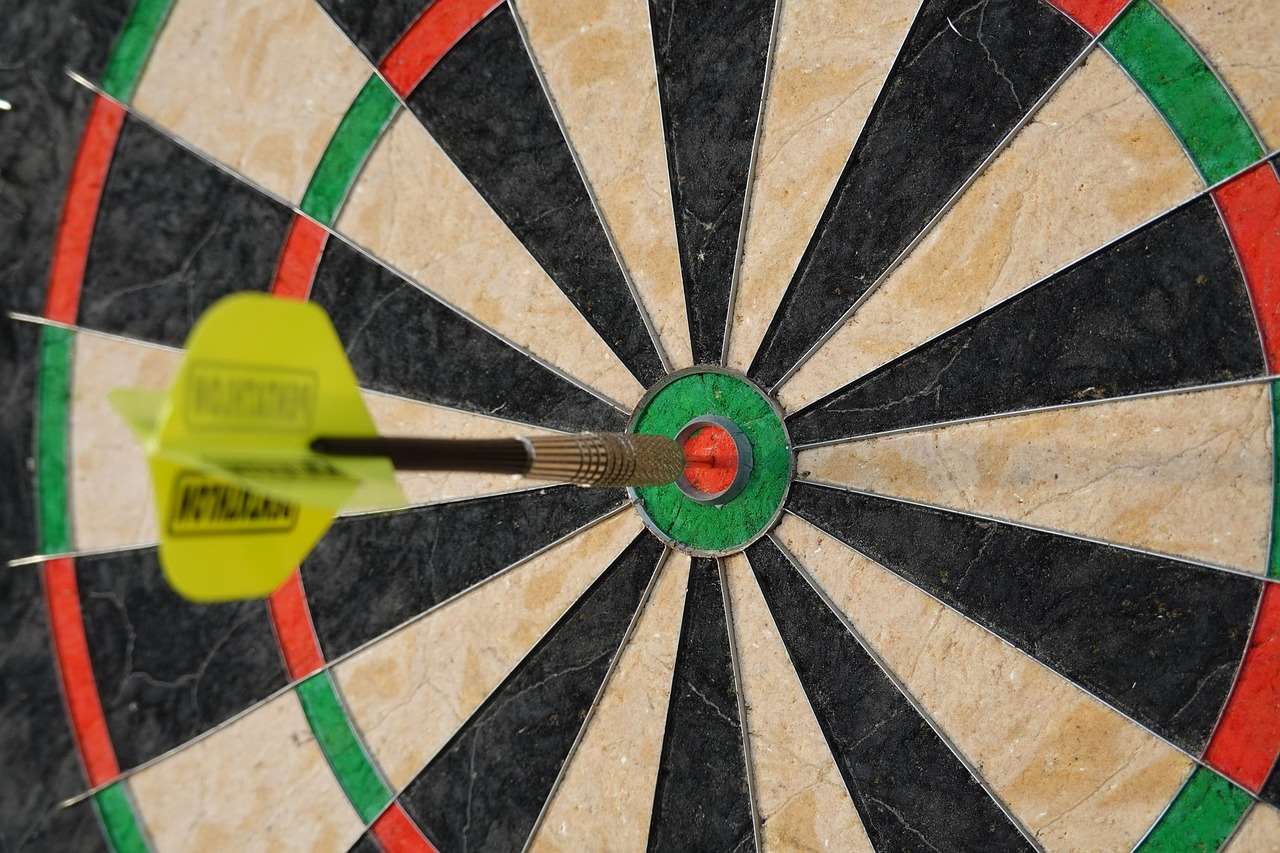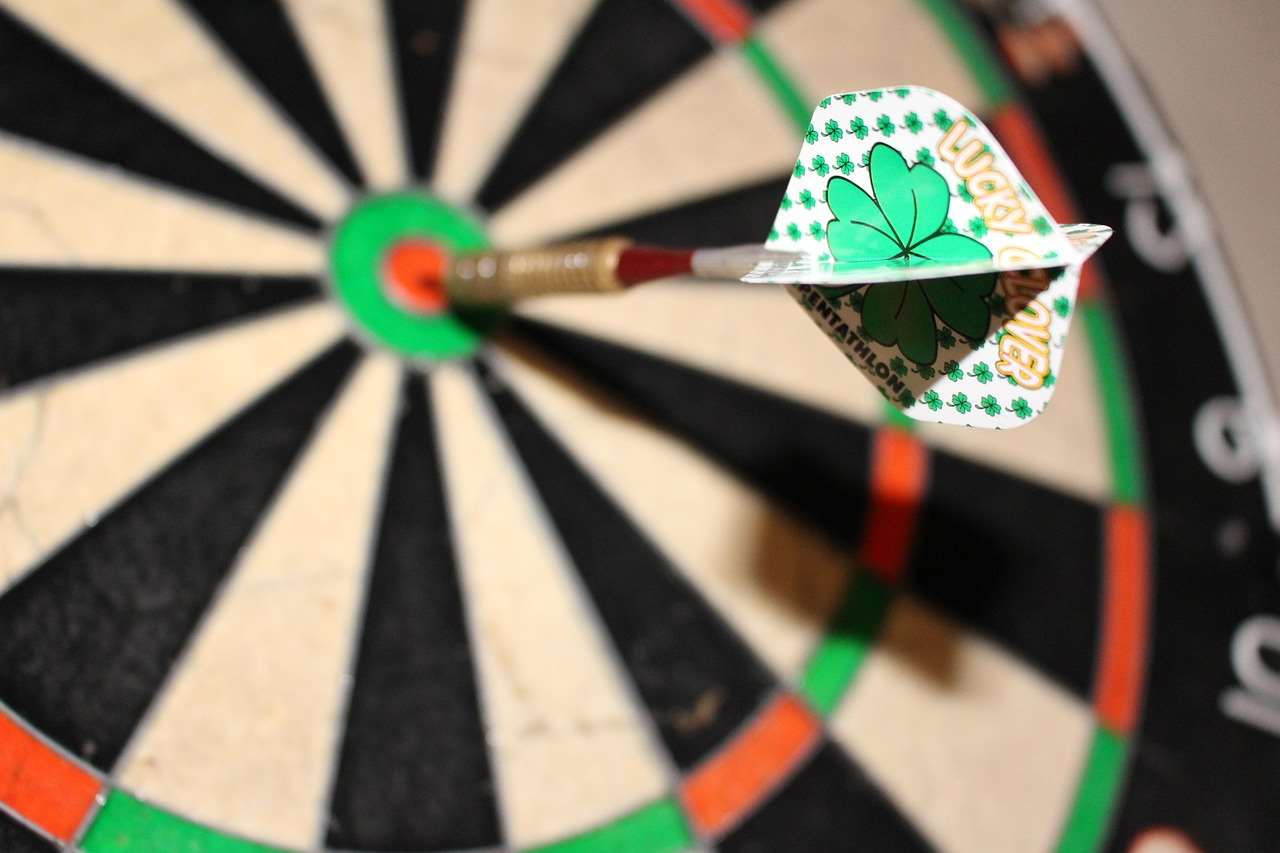Responsible Gambling Auditing is the systematic process of evaluating a gambling operator’s practices to ensure they are effectively protecting players and promoting responsible behavior. This article will delve into the key components of such audits, highlighting their importance, scope, and practical application, ensuring a safer gambling environment for all.
⚠️ Still Using Pen & Paper (or a Chalkboard)?! ⚠️
Step into the future! The Dart Counter App handles all the scoring, suggests checkouts, and tracks your stats automatically. It's easier than you think!
Try the Smart Dart Counter App FREE!Ready for an upgrade? Click above!
The Core of Responsible Gambling Auditing
At its heart, Responsible Gambling Auditing is about verifying that a gambling operator is adhering to established standards and regulations aimed at minimizing gambling-related harm. It’s not simply a box-ticking exercise; it’s a comprehensive review of policies, procedures, and their actual implementation. This includes everything from age verification and self-exclusion programs to marketing practices and employee training. The audit process aims to identify areas where improvements can be made to better protect vulnerable individuals and promote a culture of responsible gambling.

The goals of a comprehensive audit extend beyond mere compliance. They include fostering trust between operators and consumers, mitigating reputational risks for the industry, and ultimately, reducing the societal costs associated with problem gambling. By focusing on prevention and early intervention, these audits play a crucial role in creating a sustainable and ethical gambling environment. Effective risk assessment is paramount in this process.
Key Areas Covered in a Responsible Gambling Audit
A robust audit examines several critical areas, including:
- Age Verification: Confirming that robust systems are in place to prevent underage gambling.
- Self-Exclusion Programs: Assessing the effectiveness of self-exclusion mechanisms and their accessibility to players who wish to limit their gambling activity.
- Marketing and Advertising: Reviewing marketing materials to ensure they are not misleading, predatory, or targeted at vulnerable individuals. Responsible advertising is a key focus here.
- Employee Training: Evaluating the level of training provided to employees on identifying and assisting problem gamblers.
- Transaction Monitoring: Analyzing transaction patterns to detect potential problem gambling behaviors and trigger interventions.
- Customer Interaction: Reviewing how the operator interacts with customers, especially those exhibiting signs of distress or problematic gambling.
- Data Protection: Ensuring that player data is handled securely and ethically, complying with relevant privacy regulations.
These are just some of the many areas that are generally assessed by regulatory bodies in conjunction with the gambling operator. Understanding Darts Betting And Fantasy Leagues Guide can also provide additional insights into the sports wagering sector, which can be helpful in auditing.
The Role of Independent Auditors
To ensure objectivity and credibility, responsible gambling audits are often conducted by independent third-party organizations. These auditors bring specialized expertise and an unbiased perspective to the evaluation process. They are not affiliated with the gambling operator, eliminating potential conflicts of interest. Their findings provide an honest and accurate assessment of the operator’s performance.

Choosing the right independent auditor is crucial. Operators should look for firms with a proven track record, relevant industry experience, and a deep understanding of responsible gambling principles and regulations. The auditor should also have a clear and transparent methodology, ensuring that the audit is conducted thoroughly and fairly. The need for robust compliance checks cannot be overstated.
Implementing a Responsible Gambling Program
Audits are most effective when they are part of a larger, ongoing responsible gambling program. This program should include:
- A Clear Policy: A written policy outlining the operator’s commitment to responsible gambling.
- Comprehensive Procedures: Detailed procedures for implementing the policy, covering all aspects of the business.
- Regular Training: Ongoing training for all employees on responsible gambling principles and practices.
- Monitoring and Evaluation: Continuous monitoring of the program’s effectiveness and regular evaluations to identify areas for improvement.
- Stakeholder Engagement: Engaging with stakeholders, such as problem gambling organizations and regulatory bodies, to gather feedback and improve the program.
The program should be tailored to the specific needs and context of the operator, taking into account the types of gambling products offered, the target audience, and the regulatory environment. For example, the requirements for an online casino will differ from those of a land-based sportsbook. Employee awareness of these programs is key for success.
The Audit Process: A Step-by-Step Guide
The Responsible Gambling Auditing process typically involves the following steps:
- Planning: Defining the scope and objectives of the audit.
- Data Collection: Gathering relevant data, such as policies, procedures, training materials, and customer records.
- On-Site Assessment: Conducting on-site visits to observe operations and interview employees.
- Data Analysis: Analyzing the collected data to identify strengths and weaknesses.
- Reporting: Preparing a comprehensive report outlining the audit findings and recommendations.
- Follow-Up: Monitoring the implementation of recommendations and conducting follow-up audits to assess progress.

Throughout the process, it’s essential to maintain open communication with the gambling operator and provide constructive feedback. The goal is not to punish or shame the operator but rather to help them improve their practices and create a safer gambling environment.
Utilizing Technology in Auditing
Technology plays an increasingly important role in Responsible Gambling Auditing. Data analytics tools can be used to identify patterns of problematic gambling behavior, while artificial intelligence can be used to detect fraudulent activity and enforce responsible gambling policies. Automated monitoring systems can also be used to track key performance indicators and identify areas where improvements are needed.
Benefits of Effective Responsible Gambling Auditing
The benefits of effective audits are numerous, including:
- Reduced Gambling-Related Harm: By identifying and addressing vulnerabilities in the operator’s practices, audits can help to prevent problem gambling and minimize the harm it causes.
- Improved Reputation: Demonstrating a commitment to responsible gambling can enhance the operator’s reputation and build trust with customers and stakeholders.
- Reduced Regulatory Risk: By complying with responsible gambling regulations, operators can reduce their risk of fines, sanctions, and license revocation.
- Enhanced Sustainability: By creating a sustainable gambling environment, operators can ensure the long-term viability of their business.
These benefits extend beyond the operator to the broader community, contributing to a healthier and more responsible society. This is also relevant to Betting Sponsorship Impact On Darts and other heavily sponsored sports.

Challenges and Best Practices
Despite the benefits, conducting effective Responsible Gambling Auditing can be challenging. Some of the common challenges include:
- Lack of Resources: Many operators, especially smaller ones, may lack the resources to implement a comprehensive responsible gambling program or conduct regular audits.
- Resistance to Change: Some operators may resist implementing responsible gambling measures due to concerns about their impact on revenue.
- Data Privacy Concerns: Collecting and analyzing player data can raise privacy concerns, requiring careful attention to data protection regulations.
- Evolving Regulatory Landscape: The regulatory landscape for responsible gambling is constantly evolving, requiring operators to stay up-to-date on the latest requirements.
To overcome these challenges, operators should:
- Allocate Sufficient Resources: Invest in a comprehensive responsible gambling program and regular audits.
- Embrace a Culture of Responsibility: Foster a culture where responsible gambling is seen as a core value, not just a compliance requirement.
- Prioritize Data Protection: Implement robust data protection measures to protect player privacy.
- Stay Informed: Keep up-to-date on the latest responsible gambling regulations and best practices.
- Engage with Experts: Seek guidance from responsible gambling experts and organizations.
Furthermore, participating in conferences and workshops focused on Bookmaker Sponsorship Professional Darts or the broader gambling industry can provide valuable insights and networking opportunities.

Future Trends in Responsible Gambling Auditing
The field of Responsible Gambling Auditing is constantly evolving, driven by technological advancements, changing societal attitudes, and increasing regulatory scrutiny. Some of the key trends shaping the future of auditing include:
- Increased Use of Technology: The use of data analytics, artificial intelligence, and other technologies will become even more prevalent in audits, enabling more comprehensive and efficient assessments.
- Greater Focus on Player Protection: Audits will place a greater emphasis on player protection, focusing on identifying and mitigating risks to vulnerable individuals.
- More Stringent Regulations: Regulators will continue to tighten responsible gambling regulations, requiring operators to meet higher standards of performance.
- Enhanced Transparency: Audits will become more transparent, with operators being required to disclose more information about their responsible gambling practices.
Conclusion: Embracing Responsible Gambling Auditing
Responsible Gambling Auditing is not just a regulatory requirement; it’s a fundamental ethical obligation for gambling operators. By embracing these audits, operators can demonstrate their commitment to protecting players, building trust, and creating a sustainable and responsible gambling environment. The process involves rigorous evaluation of policies, procedures, and their effectiveness, ensuring age verification, self-exclusion programs, and responsible marketing. Ultimately, these efforts protect vulnerable individuals and promote a culture of responsible gaming. The key takeaway is that proactive measures, supported by regular audits, are crucial for ensuring the long-term health and integrity of the gambling industry. Take the next step towards a safer gambling environment by implementing a comprehensive responsible gambling program and engaging in regular audits. Contact a qualified auditor today to assess your practices and identify areas for improvement.
Hi, I’m Dieter, and I created Dartcounter (Dartcounterapp.com). My motivation wasn’t being a darts expert – quite the opposite! When I first started playing, I loved the game but found keeping accurate scores and tracking stats difficult and distracting.
I figured I couldn’t be the only one struggling with this. So, I decided to build a solution: an easy-to-use application that everyone, no matter their experience level, could use to manage scoring effortlessly.
My goal for Dartcounter was simple: let the app handle the numbers – the scoring, the averages, the stats, even checkout suggestions – so players could focus purely on their throw and enjoying the game. It began as a way to solve my own beginner’s problem, and I’m thrilled it has grown into a helpful tool for the wider darts community.